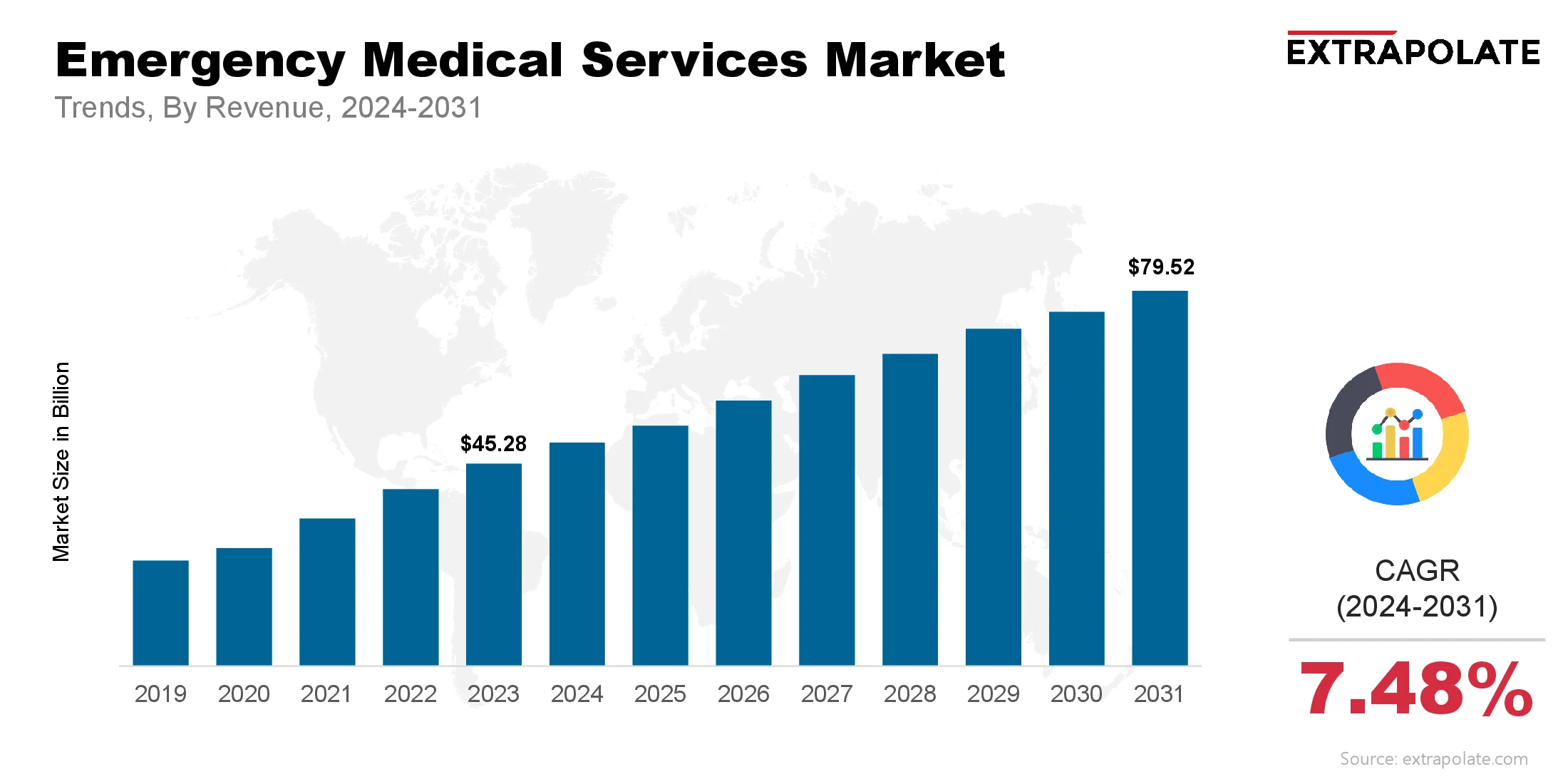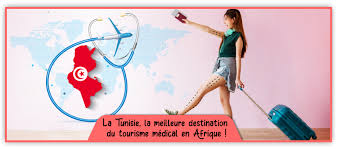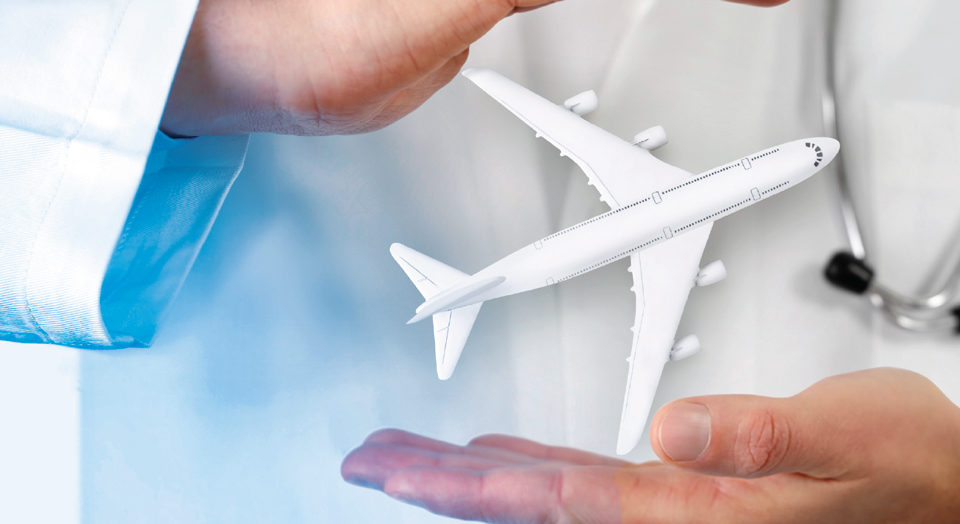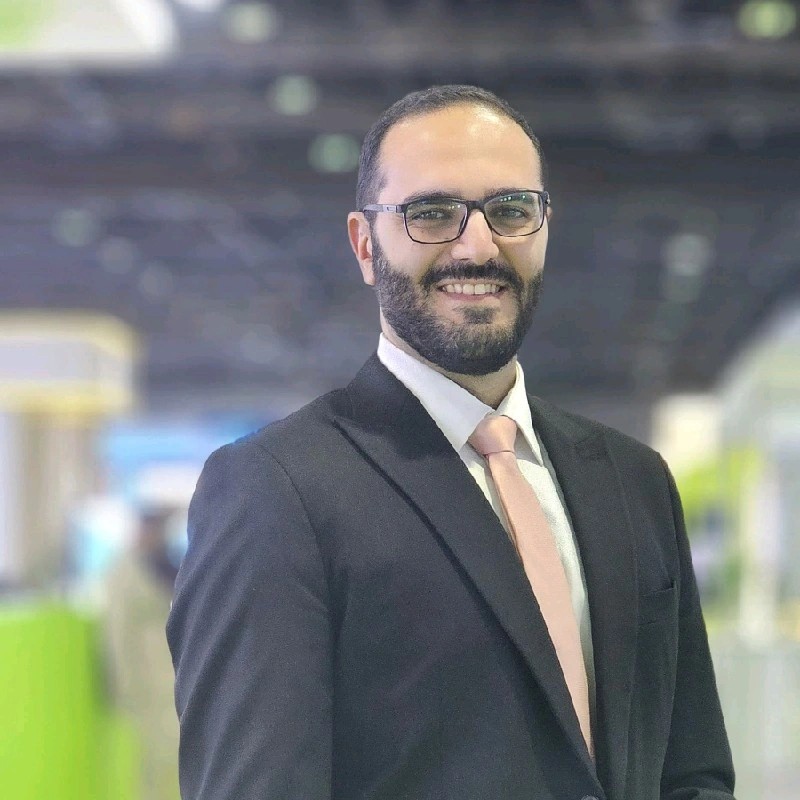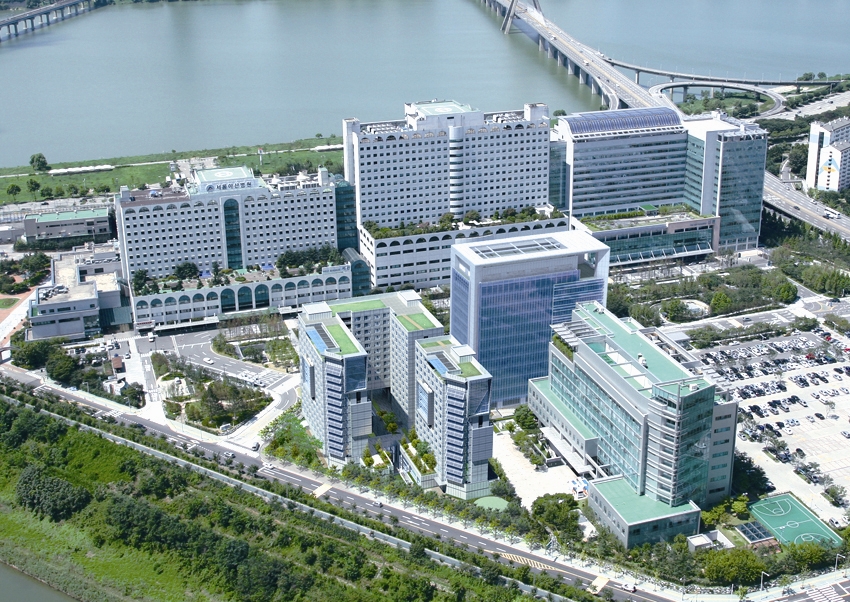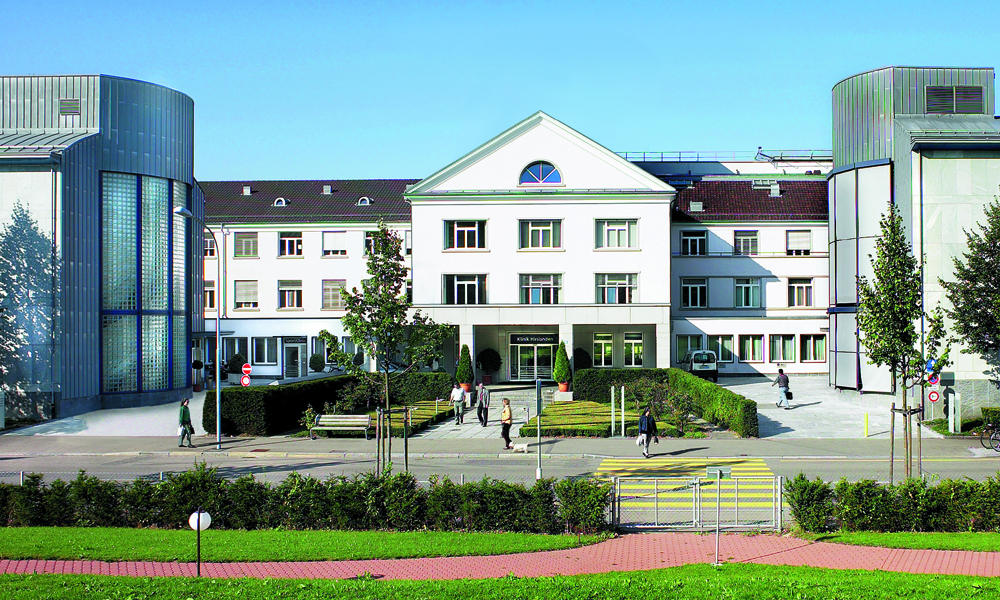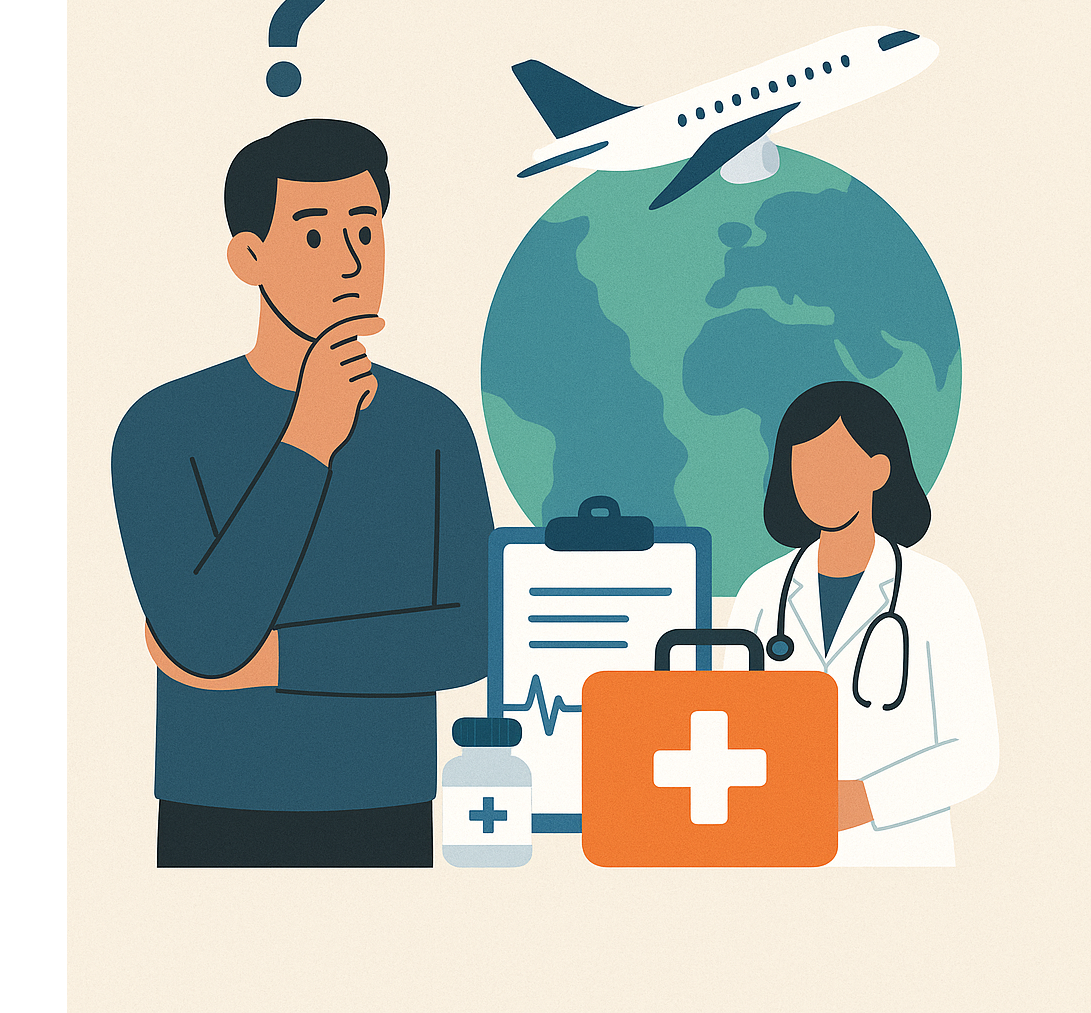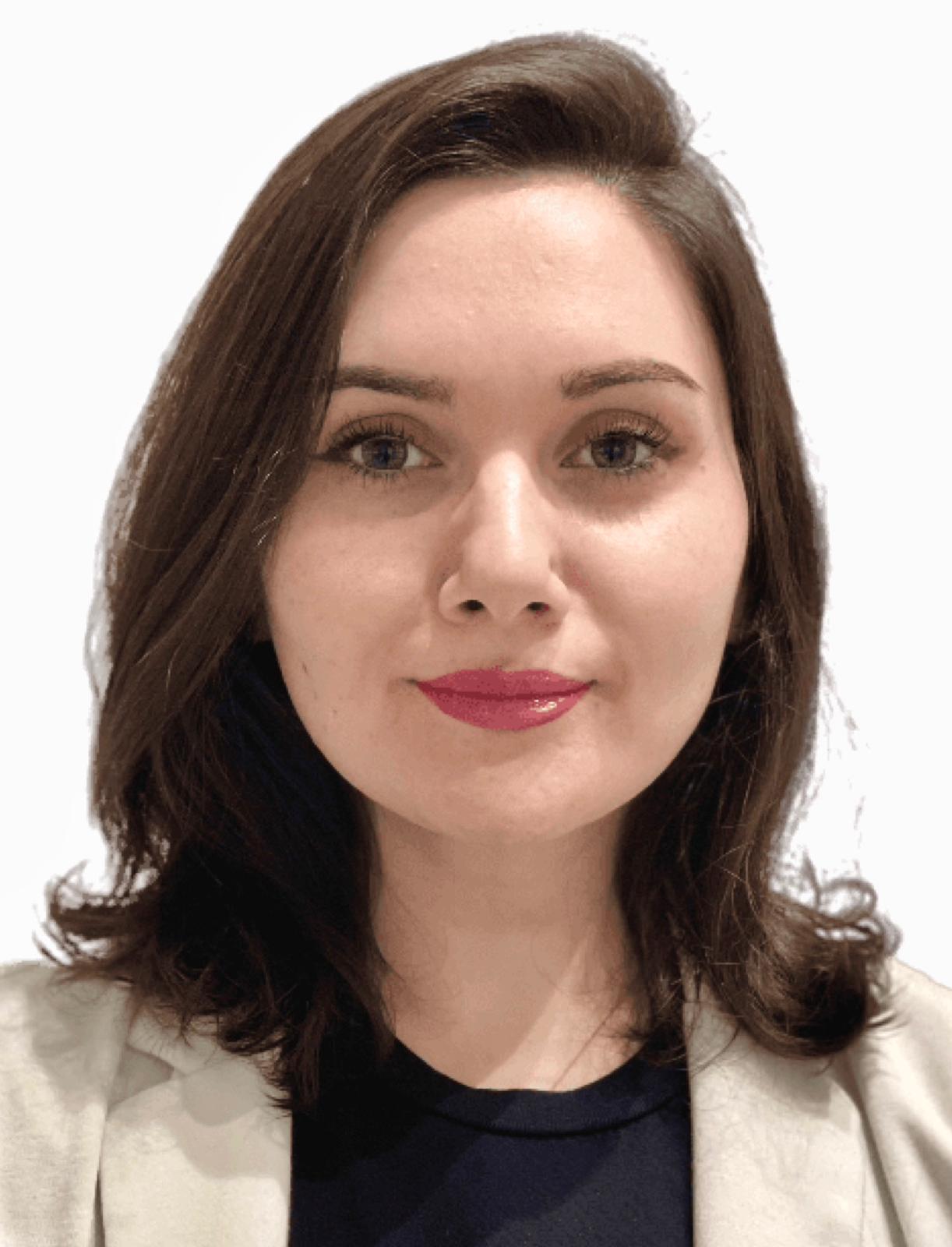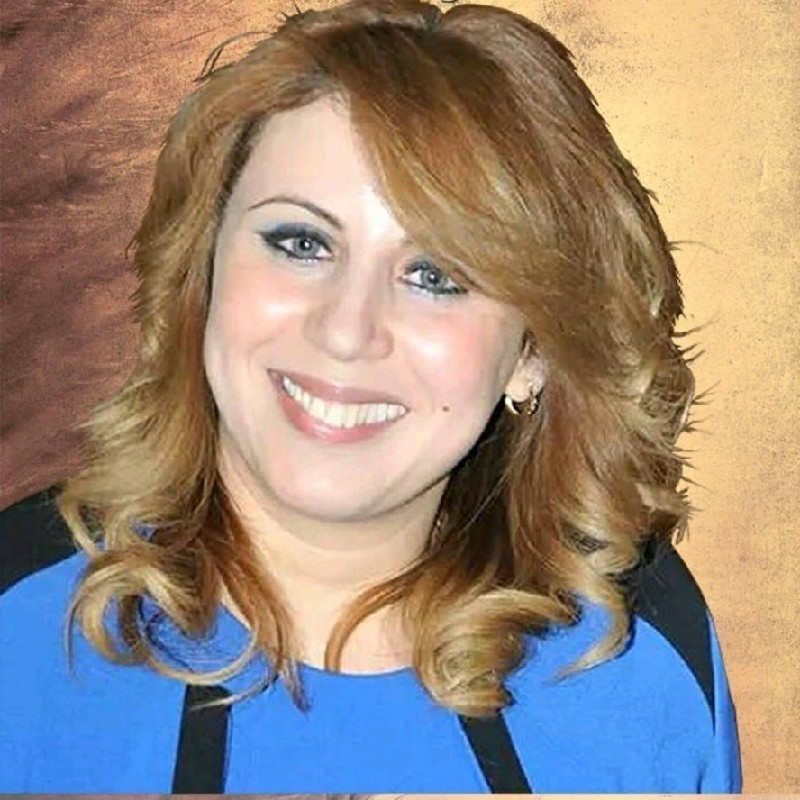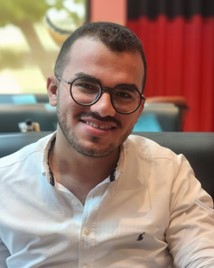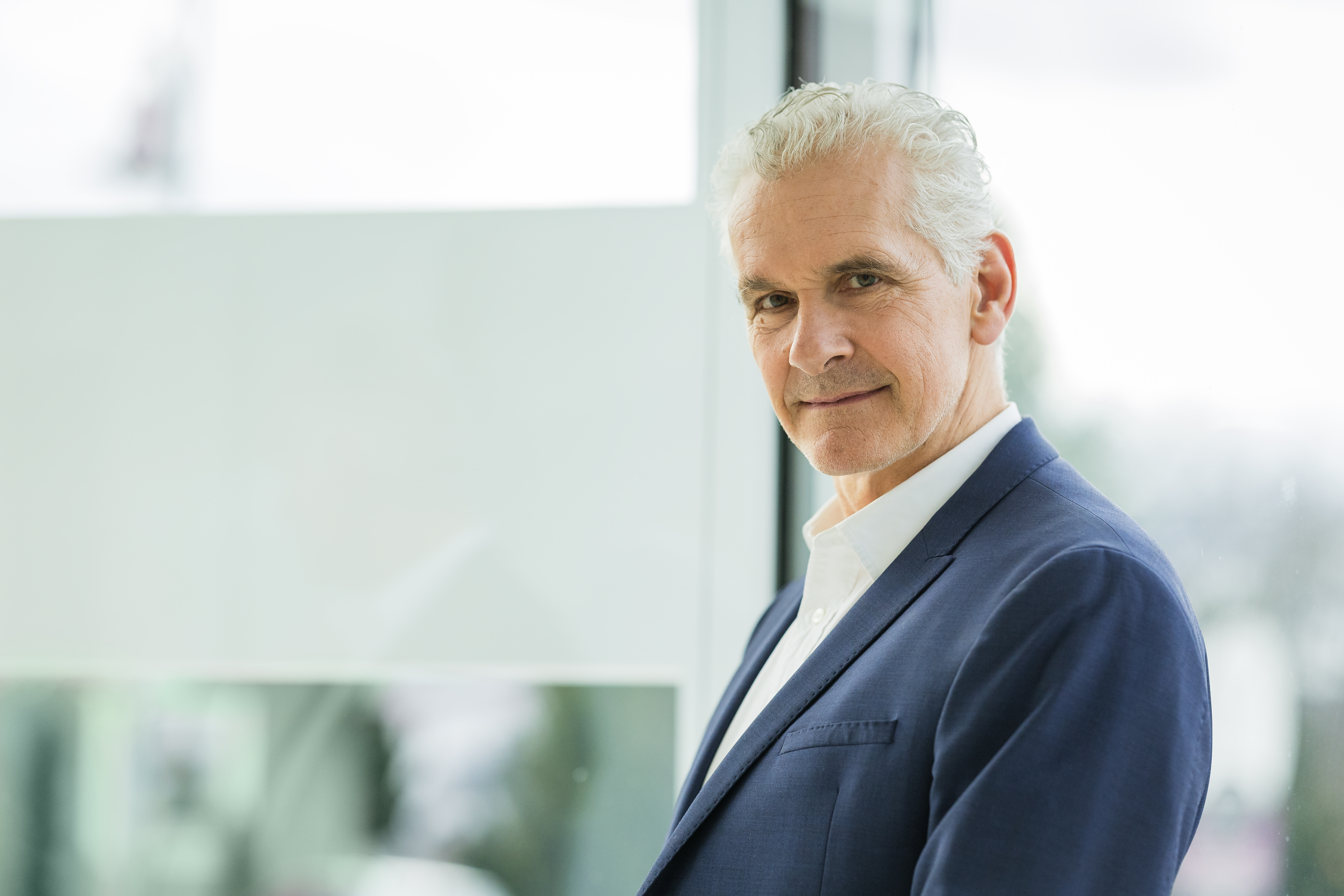Medical tourism is booming, with millions of patients traveling abroad each year in search of
high-quality, cost-effective healthcare. However, for many, the journey is filled with uncertainty.
Which hospitals can be trusted? Are the doctors truly qualified? Will the experience be seamless,
or will language barriers and logistical nightmares add stress to an already challenging situation?
Too often, patients rely on word-of-mouth recommendations or online reviews, which can be
unreliable or misleading. Given the critical nature of healthcare, leaving such decisions to chance
is a risk few can afford. This is where medical facilitators are transforming the industry, ensuring
that patients receive verified, high-quality treatment while taking care of every step of the
journey.
Healthcare facilitators serve as the missing link. They don’t just connect patients to
hospitals—they curate their entire medical experience, ensuring quality, safety, and personalized
support every step of the way. From selecting internationally accredited medical providers to
coordinating all aspects of travel and aftercare, they make medical tourism not just possible, but
seamless and stress-free.
A key challenge in medical tourism is the overwhelming number of choices available. The
quality of hospitals and doctors varies greatly, and not all facilities that advertise “world-class
care” meet international standards. Medical facilitators bridge this gap by carefully selecting
accredited providers, ensuring that patients receive treatment from highly qualified professionals
in facilities that adhere to strict safety and quality guidelines.
Beyond selecting the right provider, patients also face the complexity of coordinating their entire
healthcare journey. Medical travel involves more than just scheduling an appointment—it
requires careful planning for visas, transportation, accommodation, and recovery. A seamless
experience means minimizing stress at every stage, allowing patients to focus on their health.
Facilitators manage these details, offering concierge-level support that includes VIP services,
priority scheduling, and personalized assistance throughout the trip.
Another critical factor in medical travel is communication. Misunderstandings between patients
and doctors can lead to confusion and even compromise treatment outcomes. Language barriers
and differences in medical terminology often create challenges, especially in high-stakes
situations. Medical facilitators provide multilingual support, ensuring that patients fully
understand their diagnosis, treatment plan, and post-care instructions. Having a dedicated team to
navigate cultural and linguistic differences gives patients peace of mind and allows them to make
informed decisions about their health.
Aftercare is another crucial yet often overlooked aspect of medical tourism. A successful
procedure is just the first step—proper follow-up care is essential for recovery and long-term
health. Medical facilitators ensure that patients remain connected with their doctors after
treatment, whether through remote consultations, rehabilitation programs, or coordination with
local healthcare providers in their home country. This continuity of care improves outcomes and
enhances the overall patient experience.
Medical tourism is evolving, and with it, so are patient expectations. Today, travelers seek not
just affordable medical care but also safety, transparency, and ease of access. The role of medical
facilitators has become indispensable, providing the structure and support necessary for a stress-
free healthcare journey. With their expertise, international patients no longer have to navigate the
complexities of medical travel alone. Instead, they can rely on a trusted system that prioritizes
their well-being, making world-class healthcare truly accessible beyond borders.


